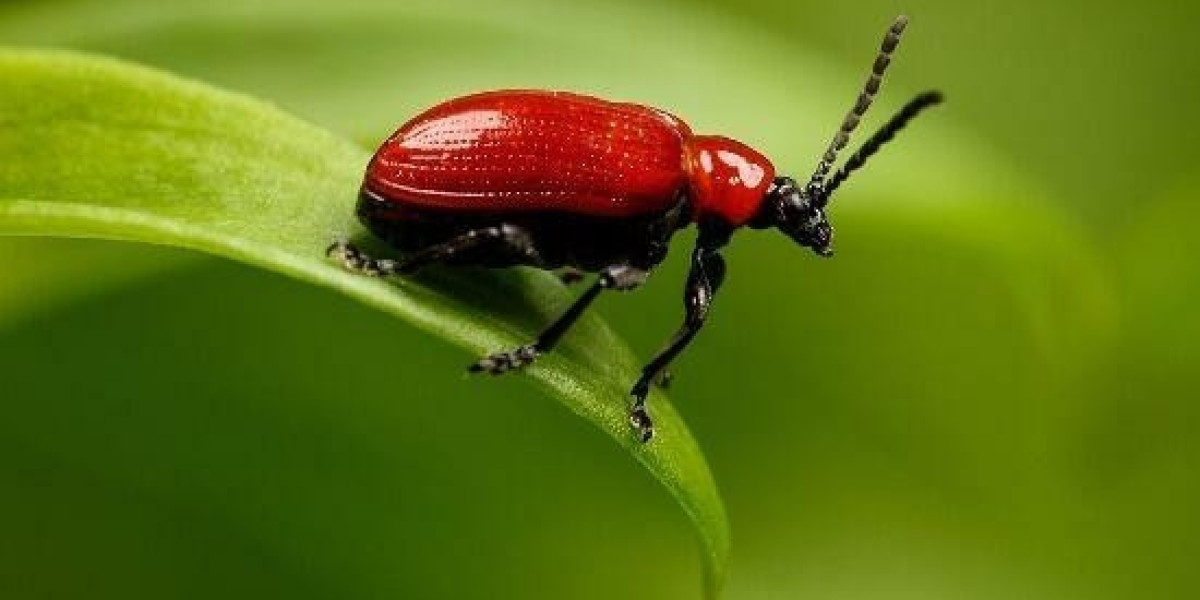In the current times, advancements in the field of farming in the type of ex-vitro plant proliferation have shown beneficial to the man kind. One such plant, which has been developed by ex-intro, is Jatropha, discovered in large quantities in Indonesia. This plant consists of 25 to 35 percent oil and can be used to produce biodiesel, conserving land, and a boost in the earnings of farmers.
Earlier, there were particular difficulties while growing the jatropha curcas plant. To start with, the proliferation and transportation of the seedlings of Jatropha was expensive and time-consuming. The soil in which, it grows is low in efficiency causing the plant to decay and have illness and last but not the least, the jatropha curcas plant takes considerable time to adapt itself, to the brand-new environment.
Observing all these difficulties, the farming experts promoted ex-vitro Jatropha propagation. The ex-vitro of jatropha curcas resolved the obstacles, dealt with earlier of planting it. The seedling treatment was made fast and inexpensive. The expense of transportation was lessened, as the seedlings were planted close by, in the location of the plantation. Mother plants were chosen from the same location, which did not need the seedlings to adapt themselves, therefore conserving time.
The ex-vitro Jatropha technique embraced in the plant propagation scheme had root culturing as its basis, where the shoots were grown outside the field in the glass vessels. The platelets grown from this, was immediately seasoned in the green home. The seedlings were extremely heterogeneous, in character and hence, high level of proliferation was possible.

The ex-vitro jatropha curcas method proved to be low-cost. Great care was required to provide environmental and nutritional value to the plant. Soon, after adopting ex-vitro for jatropha curcas plant, the two months plantlets were ready to be planted in the field. Rooting was accomplished, in around three weeks. The federal governments in many countries are taking efforts to motivate the agricultural researchers to establish jatropha plant proliferations through ex-vitro approaches, which are less expensive and sustainable. There are lots of institutes, which train individuals about, this approach to increase production.
The institutes engaged in ex-vitro jatropha curcas methods of plant propagation took utmost care in nurturing the plants by producing natural conditions. For instance, jatropha grows in well drained pipes soil and is dry spell resistant. The ex-vitro approach also, increased the level of seedlings, which were complimentary from pest and illness. This method of ex-vitro of jatropha proved basic and economical and the seedlings were close to their parent, therefore, avoiding problems.
There are certain aspects that can affect the ex-vitro growth in jatropha plants. They are aspects like sunshine, humidity, nature of soil and other climatic conditions. Hence, care has to be taken to change these aspects to match ex-vitro.







